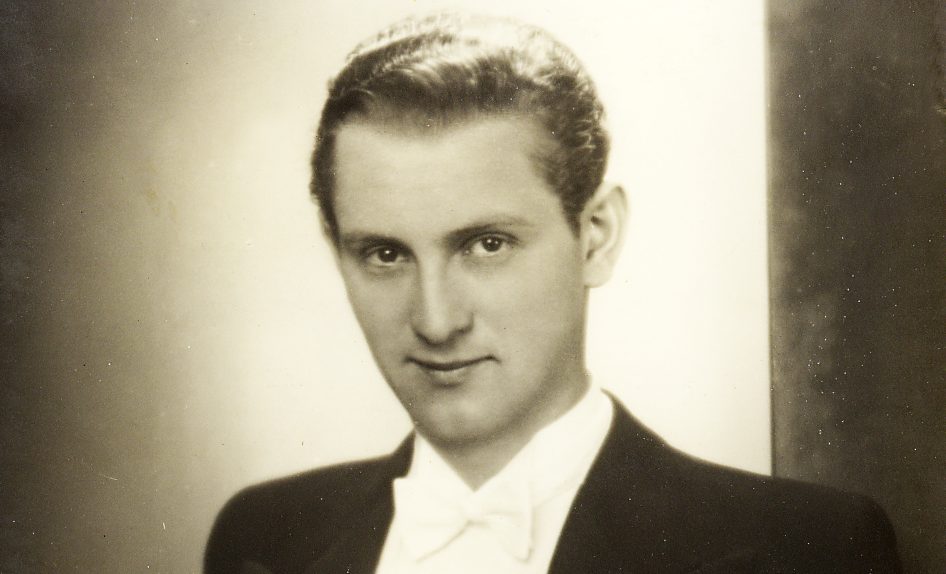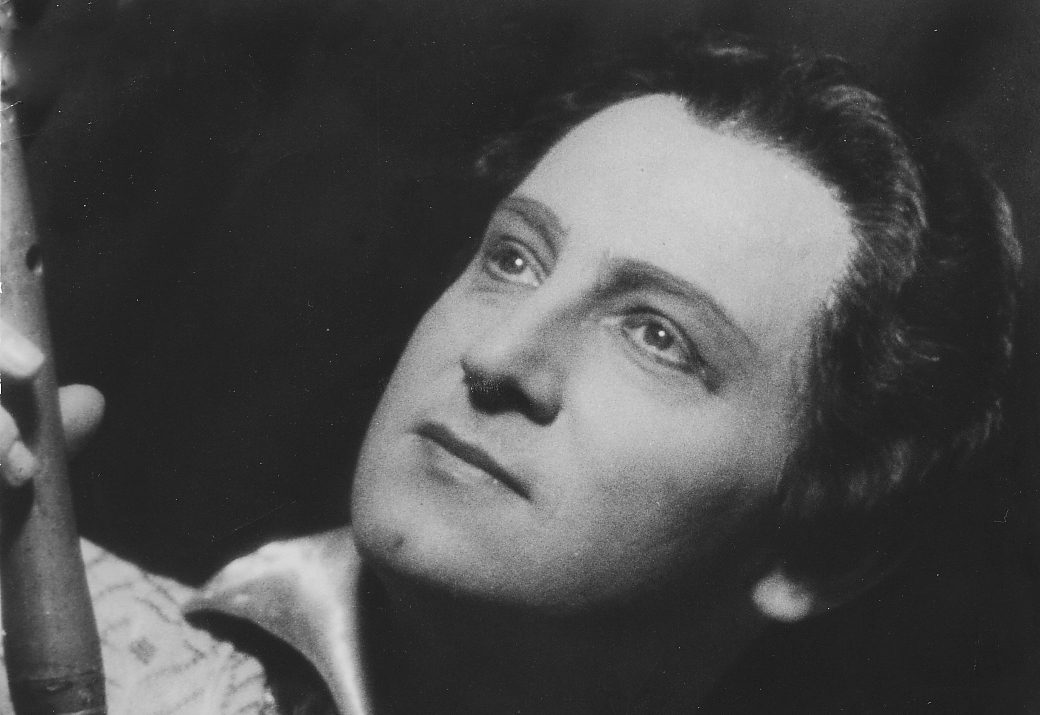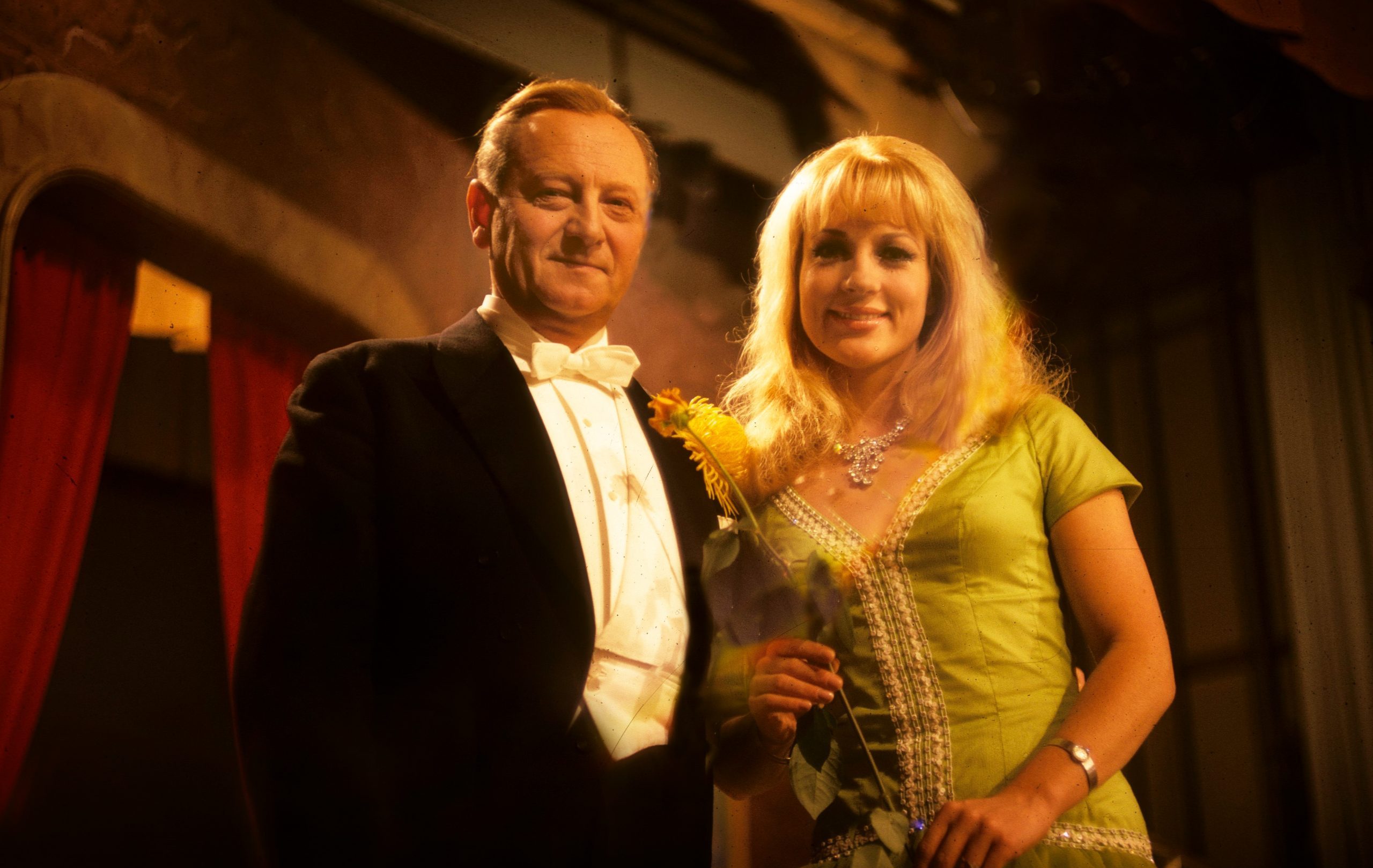Continued from part one
One might think that Max Lichtegg had also been a celebrated recording star by now: However, that was not the case. In August 1941, Lichtegg had entered into a recording contract according to which he was bound to a single record company for five years. During this time, mainly operettas were recorded and a few other songs, which, however, had little in common with the artist’s later repertoire. So it happened that Max Lichtegg was not a recording star at first despite his great success on stage.
At the beginning of the forties Max Lichtegg wanted to expand his vocal portfolio: With his stage successes in opera and operetta, it was virtually self-evident that Lichtegg received an engagement with the Zurich Directorate of Concerts. The singer had now fully arrived in Zurich – the city that had been his great goal at the beginning of his career.
The main difference between a concert stage and an opera stage is that on a concert stage the artist chooses what to perform: Lichtegg learned to appreciate this fact.
Ambassador of song
In June 1942 Franz Lehár came to Zurich from Vienna to conduct performances of some of his works himself as part of the Zurich Theatre Weeks. Max Lichtegg was engaged as a singer at the Lehár concerts. A dedication from Franz Lehár to Max Lichtegg has also survived from this period, which the composer left for the tenor on a score in June 1942.
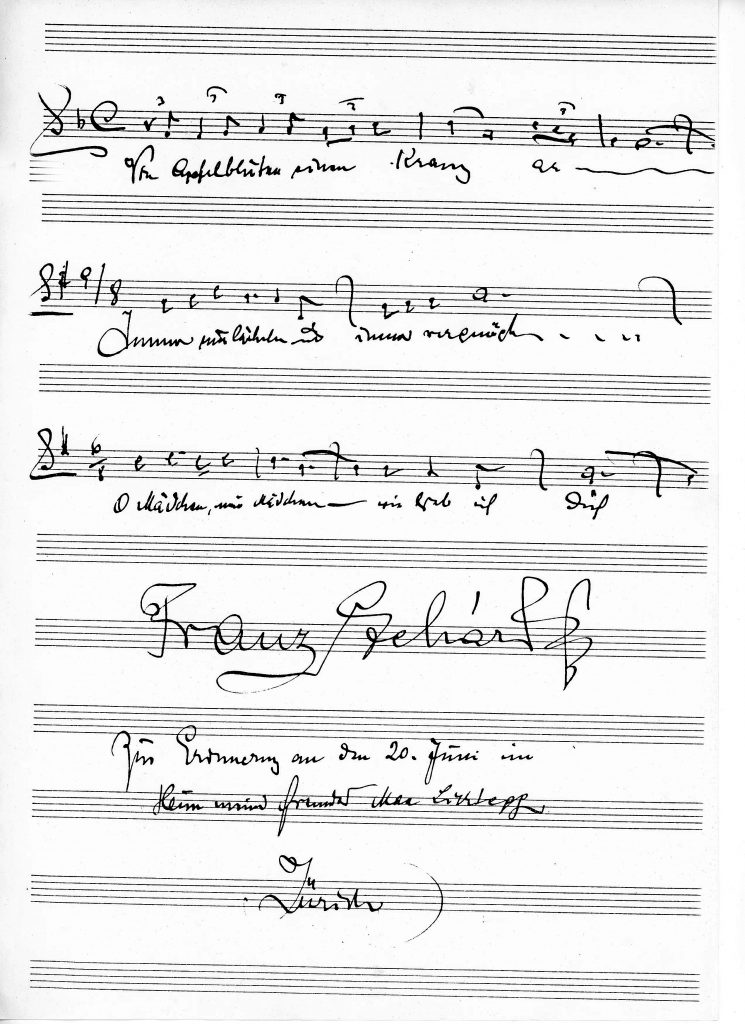
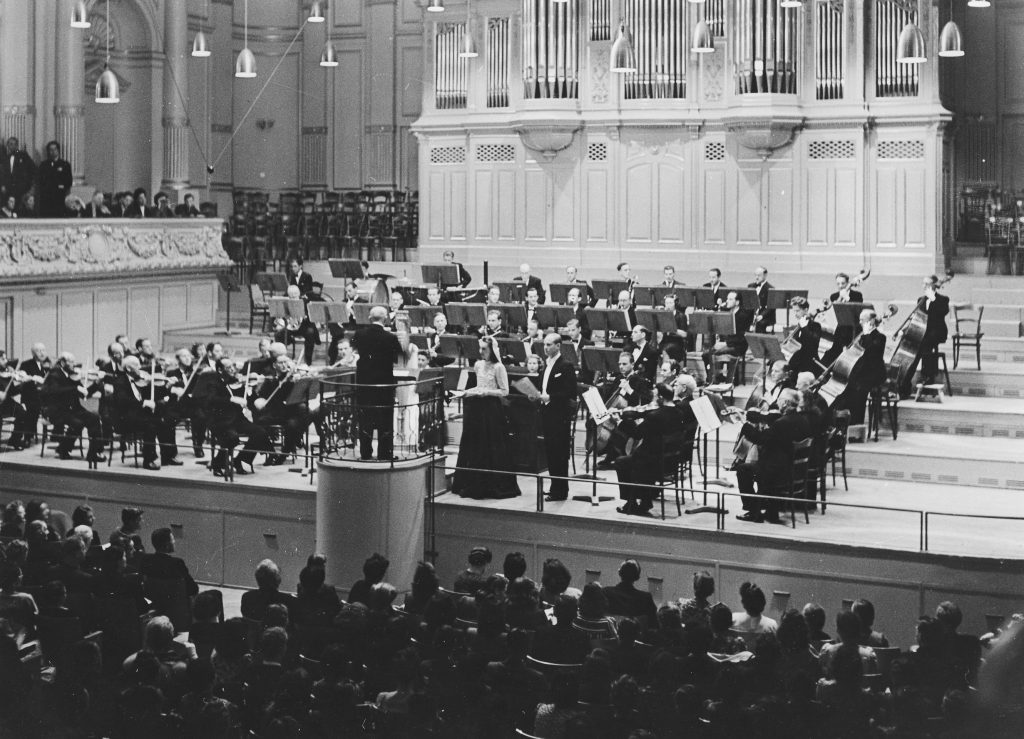
Shortly before the end of the Second World War, Max Lichtegg’s recording career received a boost: in the meantime, an agreement had been reached regarding the tenor’s contract situation. He was now allowed to record for another record company. During two recording sessions in October 1944 and February 1945, Max Lichtegg established himself as an “ambassador of music”: if the Swiss musical landscape had allowed him to do so, he would also have furthered his knowledge in the fields of sacred singing and oratorio at that time. But in the musical landscape of the time, that would have been well-nigh impossible, as a singer already was looked down upon if he sang operas and operettas at the same time.
Out into the world
Until then, Max Lichtegg was known mainly for his recordings in Switzerland: Lichtegg finally found access to the music market beyond Switzerland through a contract concluded in 1946 with an internationally established record label. It was also possible for him to record Lieder there. Working for the international record label was a welcome balance to the “everyday operetta life in Zurich”, as Alfred Fassbind’s Lichtegg-biography describes the singer’s artistic situation at that time. Soon the question arose whether Lichtegg’s activity for the international record scene could lead to an engagement in America. The American stages were already considered the most competitive stages in the world at that time: Lichtegg’s agent William Stein lobbied in 1947 to bring the tenor to the United States – even if only for a few weeks.
In case things didn’t work out in the USA, William Stein tried to find engagements for Max Lichtegg all over the world: Stein didn’t shy away from using his connections to opera houses all over the world to arrange an engagement for the singer. Even South American opera houses were considered.
Lichtegg rated the artistic value of his activity higher than the financial gain he derived from it.
“The European Frank Sinatra”
In the summer of 1947, the good news finally arrived: Max Lichtegg was signed for four performances in California. During these performances, Lichtegg celebrated his debut in the United States: At that time, it was a tradition to promote still unknown artists who celebrated their debut in the USA with a “slogan”. For Max Lichtegg, the US press came up with a particularly extravagant slogan: The American tabloids greeted the Swiss tenor with the headline “MAX LICHTEGG – The European Frank Sinatra“. As well-intentioned as the headline was, it proved that the press in the USA did not make much of a distinction between a pop singer and an opera singer. Nevertheless, the tenor Lichtegg did not sing My Way or Strangers In The Night, but concentrated on his opera and operetta repertoire.
Max Lichtegg had to decide between an engagement at the Lyric Opera of Chicago and the engagement for four concerts in California: Although the engagement in Chicago would have been more advantageous from a financial point of view, Lichtegg decided for California.
This distinguished Max Lichtegg from many other popular singers of his time, whether from the pop genre or the opera genre: he rated the artistic value of his activity higher than the financial gain he derived from it.
“This will backfire on you soon enough”
The American stage business was not only fiercely competitive, it was designed for one thing above all: financial profitability. Although no opera house in Switzerland could survive without solid attendance figures, the Swiss public undoubtedly had different expectations of an opera performance or a concert than the American public. Lichtegg knew this and always reacted hesitantly when it came to putting his permanent engagement in Zurich in danger through overseas engagements.
When Max Lichtegg returned to Switzerland after his first engagement in the USA, his American intermezzo was viewed extremely critically: “This will backfire on you soon enough,” was the comment of the director of the Zurich City Theatre at the time. This circumstance showed the tenor that Zurich would not be a completely safe haven in the future either: perhaps this was one of the reasons why he instructed his agent to continue to put out feelers in the direction of America…
A Strange Experience
William Stein gave him the go-ahead: Max Lichtegg was about to embark on another musical journey to the West Coast of the United States in 1948. In Los Angeles people wanted to see him on stage again, and he was also engaged by the San Francisco Opera for guest performances in pieces such as Meistersinger (Wagner) or Don Giovanni (Mozart). At the same time, Max Lichtegg made guest appearances at the Vienna State Opera: here Lichtegg performed one of his parade roles, Tamino, among others. Those engagements were equally important for the advancement of his artistic career as engagements on stages outside Europe.
When Lichtegg set off for California, New York was a stopover on the journey. Opera connoisseurs know: The Metropolitan Opera, based in New York, is the key to international breakthrough for many opera singers. An audition at the prestigious opera house was arranged for the singer.
“My audition at the Met was a strange experience,” Max Lichtegg would later report. The singer was dismissed without being offered an engagement: The Zurich theatre director was to be proved right, Max Lichtegg’s attempt to gain a long-term foothold in America backfired, so to speak.
What at first sounds like a bad omen was soon to turn out to be great luck: The Metropolitan Opera was known for its enormous popularity, but not necessarily for granting its singers great artistic freedom. The next phase in the life of Max Lichtegg shows that an opera singer does not necessarily have to go through the “portal of the Met” to go down in the annals as one of the most accomplished singers of his generation…
Der Bussard expresses its gratitude to Mr Alfred Fassbind from Rüti near Zurich, author of the Max Lichtegg biography, for his cooperation.
The standard biographical work on Max Lichtegg written by Mr Fassbind, published in 2016 by Römerhof Verlag (Zurich), was kindly provided to Der Bussard. The biography served as the main source for the article.
Publication information: Fassbind, Alfred A.: Max Lichtegg – Nur der Musik verpflichtet [Only Committed to Music], 2016 Römerhof publishing house Zurich
Cover picture: Max Lichtegg in 1947 in Zurich, seen in his signature role of Tamino from The Magic Flute. By courtesy of Alfred Fassbind.

 Deutsch
Deutsch Français
Français